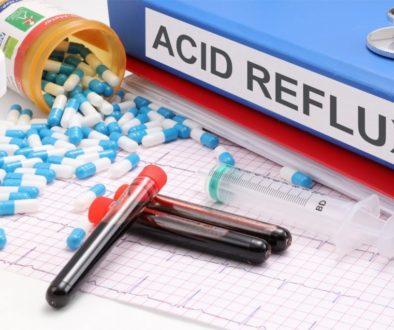Dealing With Acid Reflux Babies
Acid reflux babies, or infants suffering from acid reflux, are in incredible pain and often can create incredible pain in their parents from the crying as well. Acid reflux, in people of any age, results when stomach acid comes up back into the esophagus. This happens during or after a feeding period or meal and usually results in a painful or irritating feeling in the throat. It may, to some, feel like vomiting could occur as well. This is usually not related to actually being physically ill in that sense but it does have some relationships in terms of cause and effect.
Acid reflux babies are quite common because acid reflux is quite common in infants. It usually occurs in most infants; in fact, more than half of all infants experience acid reflux within the first three months of their life. Acid reflux babies generally experience spitting, vomiting, coughing, irritability, poor feeding, and even blood in the stools as a result of this condition. The good news is that it is only a small number of infants that experience the more serious symptoms of acid reflux while the majority experience normal symptoms that are a vital part of any sort of digestive system growth. The body is forming into its own.
More Information
In a smaller number of infants, the symptoms of acid reflux may be more severe. Some signs of this in acid reflux babies include poor growth due to an actual inability to keep food down, refusing to feed due to pain, blood loss from the acidic burning of the esophagus, and breathing problems. These are all good reasons to see a physician and have your baby looked at in order to determine the actual result and whether or not acid reflux plays a serious developmental role in your child’s digestive system. A disorder may be present that should be addressed at an early age.
Tests may be needed if your child has some of the symptoms that other acid reflux babies have. The best way to find out is to have your child examined by a capable physician and have their health and feeding styles monitored closely. Be aware of what you are feeding your child and how it affects their development, internally and externally. Take note of vomiting and other signs that may mean that acid reflux babies are living in your home.

